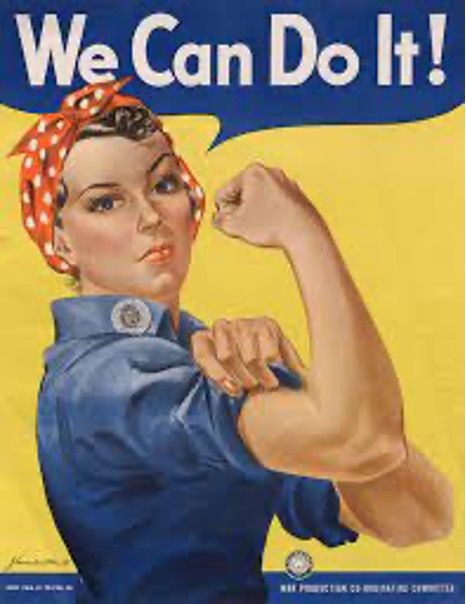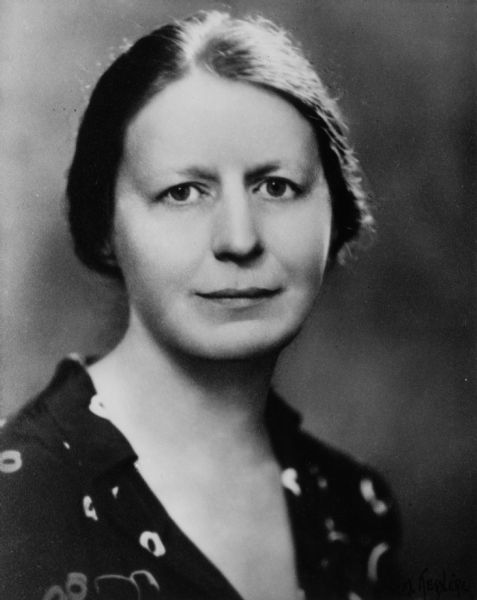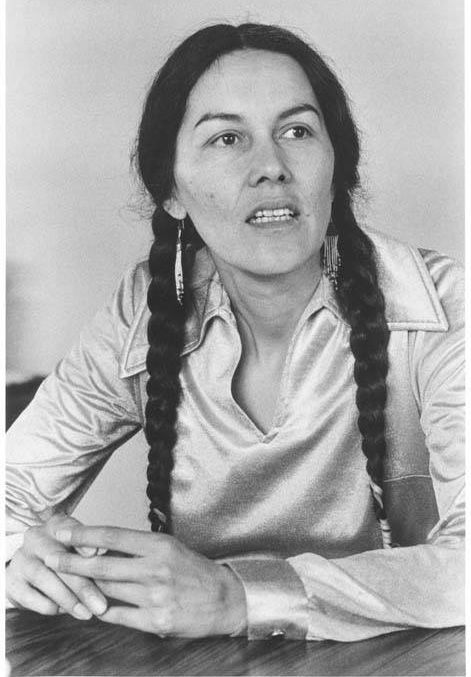Women’s History Month: At War with the Law
Today’s discrimination against women has an origin and fair laws and decency were not freely given or guaranteed. Sexist, racist, homophobic creatures make laws, run for office, teach our children, and are in our places of work.

A couple asked their minister to read the following statement during their wedding ceremony, “(marriage laws) …. refuse to recognize the wife as an independent, rational being, while they confer on the husband an injurious and unnatural superiority, investing him with legal powers which no honorable man would exercise, and which no man should possess.” This was written in 1855 by activist Lucy Stone and husband, Henry Blackwell. I love the things we learn during Women’s History Month
As Women’s History Month fades into April Fools, I searched for some of the more outrageous historical laws designed to oppress women, interesting events that changed some of those laws, and a few quotations from women who didn’t suffer fools. All of this reminds us that today’s discrimination against women has an origin, and that fair laws and decency were not freely given or guaranteed. Sexist, racist, homophobic creatures make laws, run for office, teach our children, and are in our places of work. The struggle is real…
Men should think twice before making widowhood women's only path to power.
~Gloria Steinem, journalist, social-political activist
1769 American colonies based their laws on the English common law which said, “By marriage, the husband and wife are one person in the law? The very being and legal existence of the woman is suspended during the marriage, or at least is incorporated into that of her husband under whose wing and protection she performs everything.”
1777 All states pass laws that take away women’s right to vote.
1855 In Missouri v. Celia, an enslaved Black woman is declared to be property without a right to defend herself against a master’s act of rape
1873 The U.S. Supreme Court ruled that a state has the right to exclude a married woman (Myra Colby Bradwell) from practicing law.

Labor organizer and anarchist, Lucy Eldine Gonzalez Parson founded the International Working People’s Association with her husband. She traveled the world as an advocate for worker’s rights and wrote articles about the necessity of striking and direct action.
Parsons’ mother was enslaved, and it was believed the slave owner was her father, however, she refuted that claim and insisted her parents were Indigenous and Mexican. Parsons and her mother were moved to Texas by the slave owner to escape the Emancipation Proclamation enforcement in Virginia.
In 1873, Parsons married white former Confederate soldier, Albert Parsons and they left north Texas for Chicago because of the state’s intolerance toward interracial marriage.
Parsons and her husband were advocates for political prisoners, women, the unhoused, and people of color. Sadly, her husband was arrested and executed in 1887 on charges that he conspired in the Haymarket Riot, a strike that turned violent when a bomb was thrown. The strike set the stage for International Workers’ Day. Parsons is remembered as a bit of an enigma and a powerful orator and activist.
1961 The U.S. Supreme Court upholds rules adopted by the state of Florida that made it far less likely for women than men to be called for jury service on the grounds that a “woman is still regarded as the center of home and family life.”

When the men went off to war, women took over jobs from farms to factories.
They drove trucks, repaired airplanes, worked as laboratory technicians, rigged parachutes, served as radio operators, analyzed photographs, flew military aircraft across the country, test-flew newly repaired planes, and even trained anti-aircraft artillery gunners by acting as flying targets. The nation that needed women during the war refused to adopt social equality after the war. Women were forced out of jobs when the men returned.

As director of the U.S. Women’s Bureau from 1944-1953, Frieda Miller helped women retain their work after the men came home from World War II. As a result, while 3.25 million women lost their jobs at the end of the war, 2.75 million found new jobs.
1971 Phillips v. Martin Marietta Corporation, 400 U.S. 542: The U.S. Supreme Court outlaws the practice of private employers refusing to hire women with pre-school children.
1987 The U.S. Supreme Court rules that it is permissible to take sex and race into account in employment decisions even where there is no proven history of discrimination but when evidence of a manifest imbalance exists in the number of women or minorities holding the position in question.
Never underestimate a man’s ability to underestimate a woman,
~ Kathleen Turner, actress

Yvonne Swan was convicted of second-degree murder in the 1972 shooting death of William Wesler, a Spokane neighborhood sex offender who had attempted to molest her son and had raped her babysitter’s daughter.
Swan shot Wesler when he broke into the home where she and the babysitter were holed up to protect their children. She was convicted on May 13, 1973, for protecting herself and the children.
Swan said she became aware of the of the damaging effects of racism and sexism within the American justice system while on trial. After years of legal battles, she went before the Washington Supreme Court, which ruled in her favor and remanded her case for a retrial. The court’s ruling was a landmark decision that established the rights of women to defend themselves and their children from male attackers.
Swan said, “I was proud of being Sinixt. My dad was Chippewa Cree and Assiniboine Sioux, I was proud of that. But when I learned from my lawyers and the defense committee members the pride of being a woman, I was doubly empowered.”
1994 The Violence Against Women Act funds services for victims of rape and domestic violence, allows women to seek civil rights remedies for gender-related crimes, provides training to increase police and court officials’ sensitivity and a national 24-hour hotline for battered women.
June 24, 2022, the US Supreme Court overturned Roe v. Wade, the landmark 1973 Supreme Court decision that affirmed the constitutional right to abortion.
